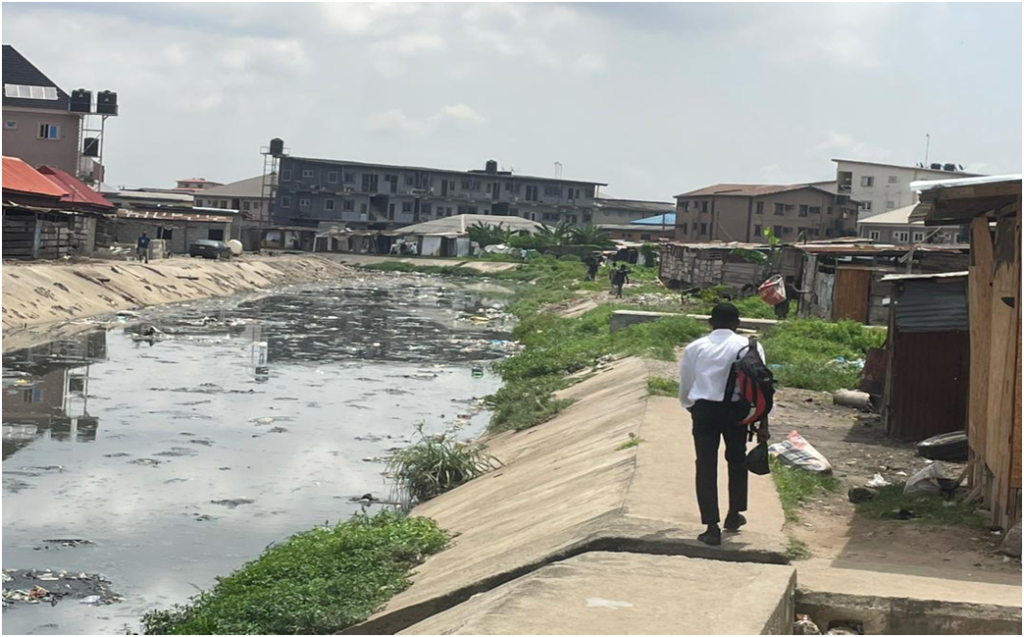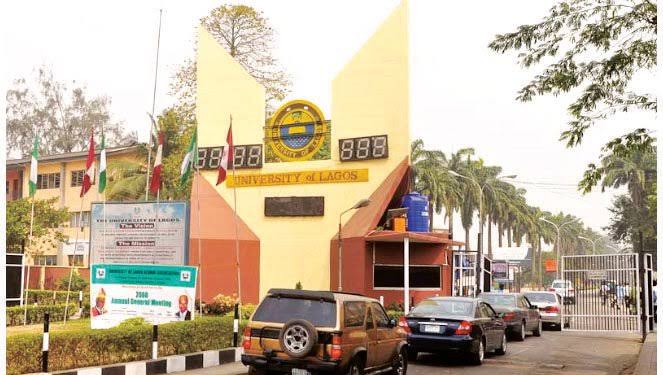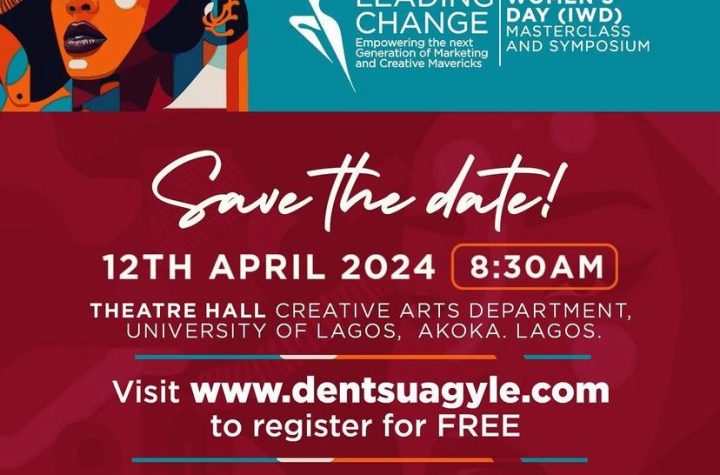By Mercy Adediran, Doyinsola Olatunji, Grace Tanimowo, Comfort Adepoju, Chkuwunonso Obi, Chukwukanayo Ukwuegbu, Jemimah Ononaiwu, Sherif Oshinowo, Stephanie Orakwue, Chinonso Emma-Uba
The ‘Lagos State Environmental Sanitation Law’ makes it illegal to dump indiscriminately any domestic, industrial, or commercial waste. An investigative interview was conducted among residents of the Bajulaiye community in Shomolu to gather firsthand insight into the community’s experiences with the canal and assess compliance with the law.
Originally intended as a drainage system, the Abule-Oja canal has degraded into a long stretch of stinky, stagnant water that overflows with waste due to neglect and improper maintenance. As a result, residents living along the canal face unpleasant conditions with far-reaching consequences for their health, the environment, and socioeconomic well-being.

In Bajulaiye, a community grappling with a polluted canal, residents expressed their discomfort living in its environs. Mr Emmanuel, a resident for over two years, recounted his experiences living around the canal. He explained how, during heavy rains, the canal overflows into homes, including his own, to the point where it becomes inaccessible.
Another resident, a young woman who preferred to remain anonymous, expressed resilience amidst the prevailing conditions, stating, “We are alright because it’s not dirty. We do take care of it. It is nothing.” According to her, the only issue with the dirty canal is the influx of mosquitoes at night.

Despite community efforts to maintain cleanliness and personal hygiene, the stagnant water and unsanitary conditions caused by the polluted canal have contributed to the prevalence of malaria among residents. When asked about other health risks posed by the dirty canal, the majority claimed that they do not face many diseases, and when they do, they take care of them. ”The only thing people have is malaria,” a market woman stated. As a result, residents rely on the local health centre for treatment.
A concerned resident from Bajulaiye revealed the dire consequences of a neglected canal, emphasizing the urgent need for environmental intervention. The resident expressed, “When it rains, the canal overflows into people’s houses; you can’t pass when it rains because this canal gets so full.” Highlighting health concerns, they added, “If the canal can be cleared, it will be better. This canal can cause people’s deaths.” The resident’s statements underscore the need for immediate action to address the canal’s condition, emphasizing the question of how to improve the environment best to ensure community well-being.

However, it is believed that the waste plaguing the dirty canal might not solely originate from residents of Bajulaiye. A mother of five, Mrs Irene, acknowledged that while some residents in the area may be pouring dirt into the canal, it is essential to recognize the broader sources of pollution. “So it’s not people living in the area… some people passing, they’ll just poop and throw it inside the canal.” The resident further mentioned rumours of discovering dead bodies in the canal, underscoring the urgent need for action.
Regarding the performance of mass media in raising awareness about the hazards associated with dumping waste in the canal, a food vendor and resident expressed disappointment in the lack of tangible results from their efforts. While acknowledging that the mass media has been diligent in capturing images and making people aware of what is happening, she complained that these efforts have not translated into substantial changes that positively affect the environment or the well-being of the affected community. According to her, “it’s not for the improvement of the community.”

The compliance issue with the environmental sanitation law of Lagos has been a persistent concern for authorities. Despite the government’s efforts, many individuals and businesses continue to disregard the law’s requirements. When asked about the reasons behind this non-compliance, a respondent refuted this claim. The interviewee further explained that businesses rely on cleanliness to attract customers. They reasoned that if their premises are unclean, potential customers would be deterred from visiting, which could have adverse effects on their revenue. Recognizing the importance of cleanliness, the interviewee stated that they actively engage in environmental sanitation practices within their community.


The investigation into the dirty canal in Bajulaiye, therefore, raises questions about the level of compliance with the Lagos State Environmental Sanitation Law. While some residents in the area maintain proper sanitation practices and adhere to the regulations, the presence of waste from external sources, such as upstream areas and passersby, indicates potential violations of the law.
The statements provided by residents highlight the need for stronger enforcement measures and collaborative efforts between the authorities and the community to ensure full compliance with the sanitation law. It is evident that more action is required to address the pollution issues in the canal and uphold the principles of the Lagos State Environmental Sanitation Law for the well-being of Bajulaiye residents and the overall environmental health of the community.





More Stories
The Effect Of Fuel Subsidy Removal On UNILAG Lecturers
MCSAites, Others Emerge Winners at Dentsu Agyle Business Pitch
Librarian Decries Lack of Inclusion for Visually Impaired